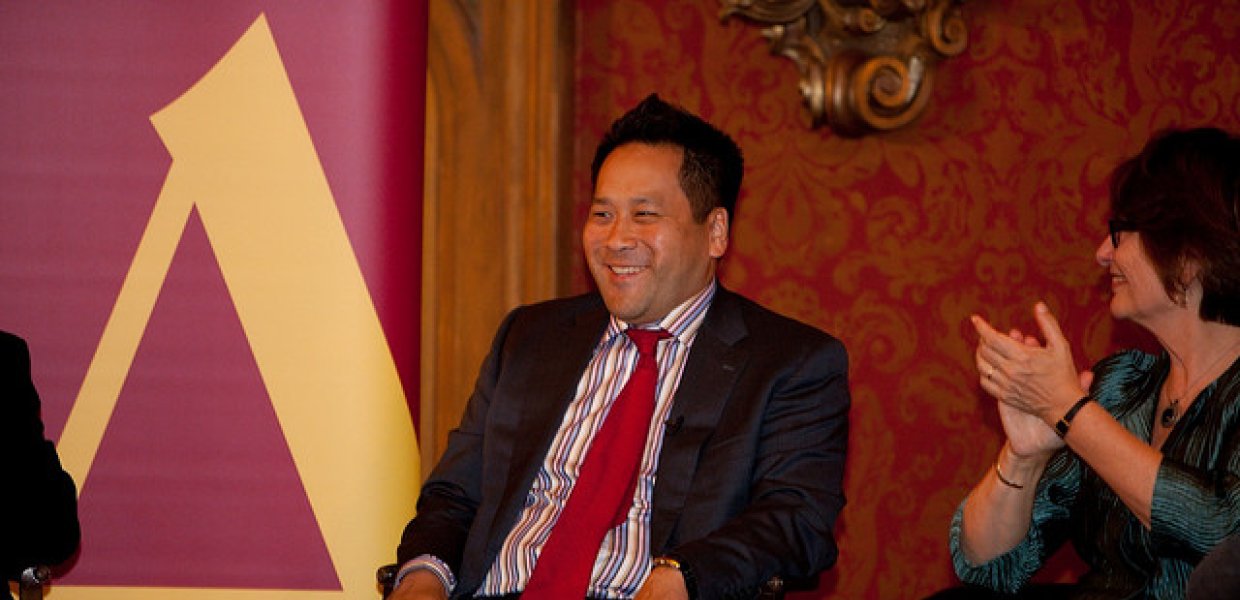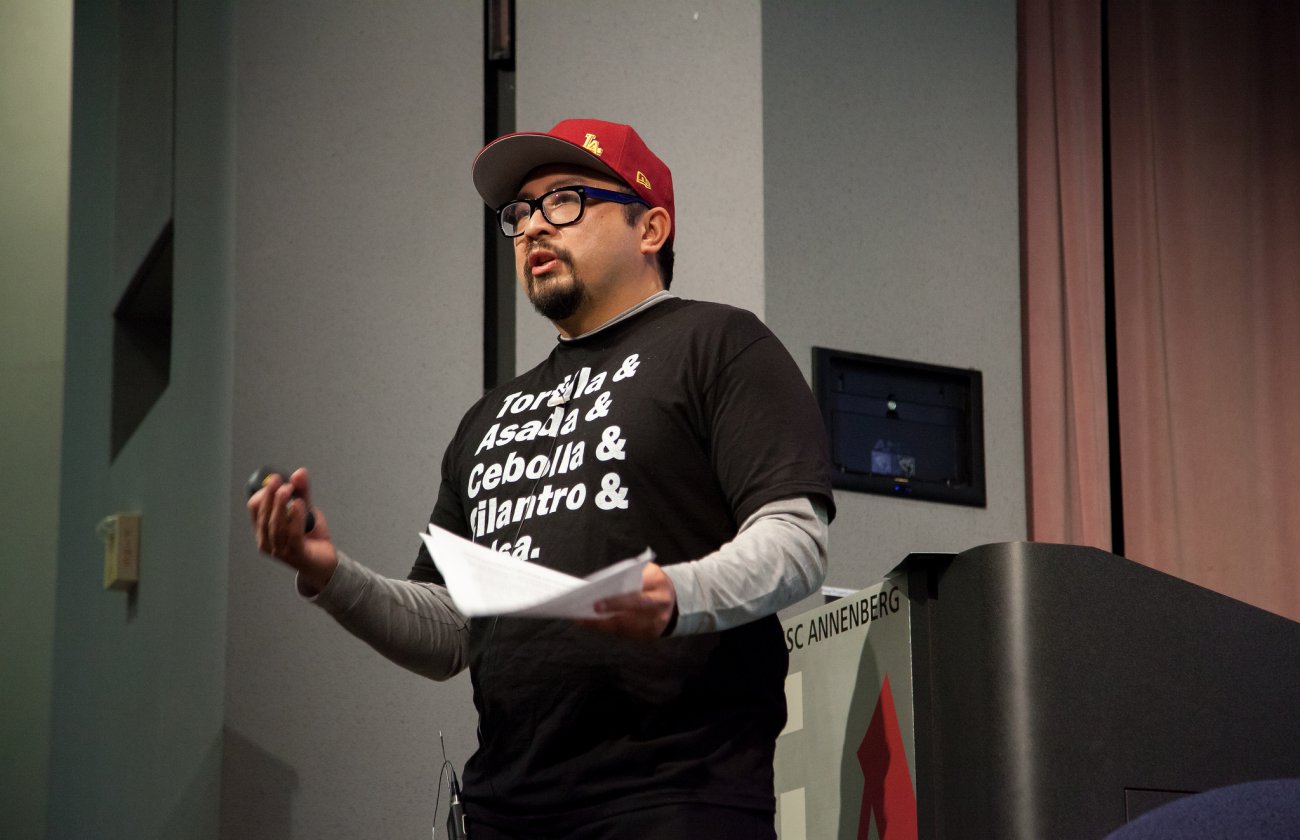Journalism professor Andrew Lih appeared on KCET's SoCal Connected to discuss digital privacy in relation to the email scandal surrounding former CIA director Gen. David Petraeus.
Questioned on the power of federal agencies to monitor an individual's private messages, Lih gave a detailed explanation of how the laws have changed in the digital era.
"In a pre-9-11 world, it was much tougher to get a court order or judge to give you the permission to do these types of things, as a fed," Lih said. "So in the interest of making investigations easier, in terms of national security, it is much easier for the feds to get access to these information services and emails, correspondents stored on these servers."
Lih went on to explain that Petraeus, whose illicit affair with personal biographer Paula Broadwell has made national headlines since Friday, saved emails between himself and Broadwell in draft folders under the "assumption that if the message was not actually communicated or transmitted, it was not something that was being monitored."
The files, like all files saved on Google servers, were viewable to anyone with access to the documents, Lih said.
"We live in a very complex world with what we call 'cloud services,' and you don’t know where your data is stored; you need a fair amount of digital literacy to understand this new ecosystem that we live in," said Lih when posed if he believed the head of the CIA should have known his unencrypted conversations were not private.
"Part of this is generational, part of this is a matter of digital literacy," he said. "Old school CIA folks know that the Cold War they had what they called 'dead drops,' being able to hand off microfilm or physical things to each other by hiding it beneath the park bench or underneath a trash can and having an agent pick it up later. You don’t have that luxury in the digital world, where it’s a very different thing."
Lih stated that the Petraeus scandal will teach individuals security laws in the digital era.
"So whether it’s your photos, your emails, your tweets, your Facebook updates, these are held in servers and computers all over the world in ways that you don’t really know the operational details of how they’re stored," he said. "But it’s very easy to access these things if these companies are approached by the feds and say 'you need to turn over these types of communications.' It’s very simple. It’s cases like these that will educate folks in terms of how secure is your data."





